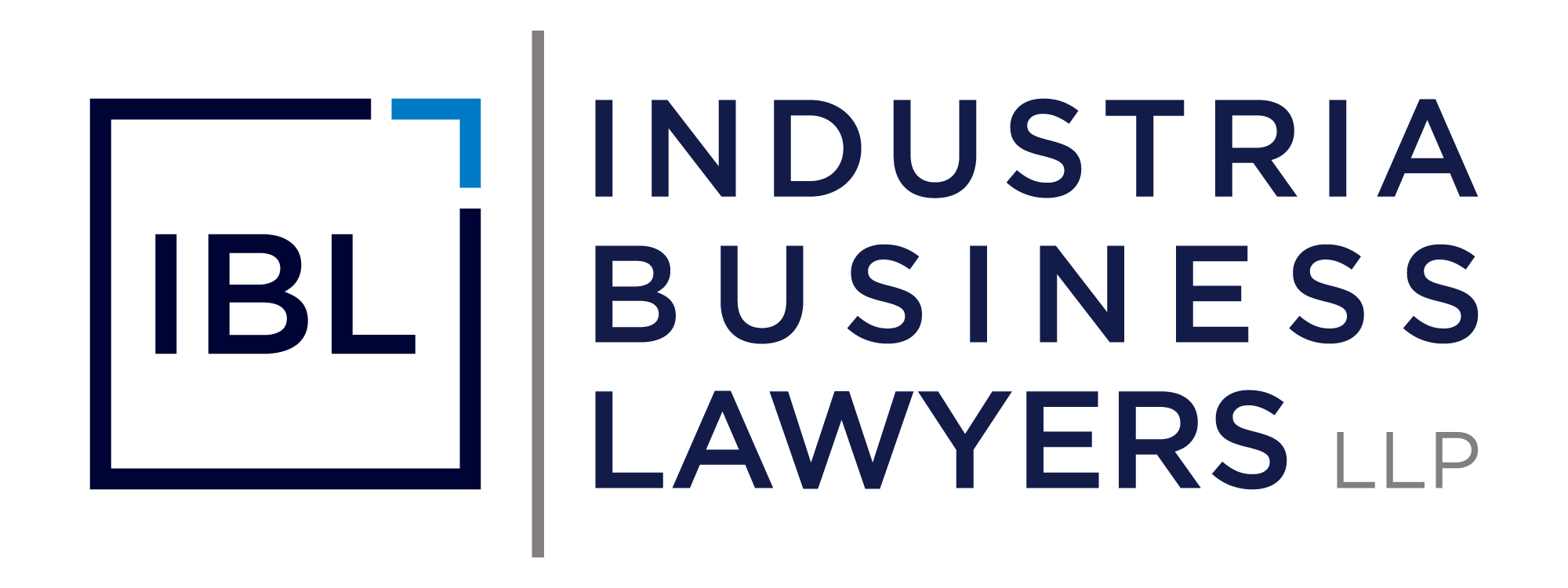Blockchain & Web3 IP Protection
Description
All of the foregoing general IP areas of services apply to blockchain; additionally, we offer blockchain-specific IP services including:
Blockchain (or distributed ledger technology / DLT)-Specific IP Issues:
SERVICES
Smart Contract and Blockchain Development:
- Advise on the IP and other legal implications of developing and deploying blockchains, including smart contracts in specific.
Tokenization of IP:
- Counsel on the legal aspects of tokenizing IP assets and the use of NFTs (non-fungible tokens) for IP protection and monetization.
IP in Decentralized Systems:
- Navigate the complexities of protecting IP in decentralized systems and distributed ledger technologies.
Policy Advocacy and Development:
- Engaging with those Developing and Advancing Policies: Advocating for favorable IP policies and regulations related to blockchain and Web3 technologies.
- Policy Development: Assisting industry groups and organizations in developing industry standards and policies for IP protection in the Web3 space.
Smart Contracts and Blockchain Governance:
- Supporting Smart Contracts Creation: Supporting the creation of smart contracts by ensuring they are legally enforceable and compliant with relevant regulations.
- Governance Frameworks: Advising on the establishment of governance frameworks for decentralized autonomous organizations (DAOs) and other blockchain entities.
Regulatory Compliance:
- IP Regulatory Advice:
- Ensure compliance with international IP laws and regulations effecting or effected by blockchain technology.
- Data Protection and Privacy:
- Advise on data protection laws and how they intersect with blockchain, particularly concerning blockchain’s immutable nature.
Practicing Attorneys
No team members found.

Contact Us
Connect with Experienced Attorneys
Get in touch to discuss how our industry-specific legal solutions can assist you.
